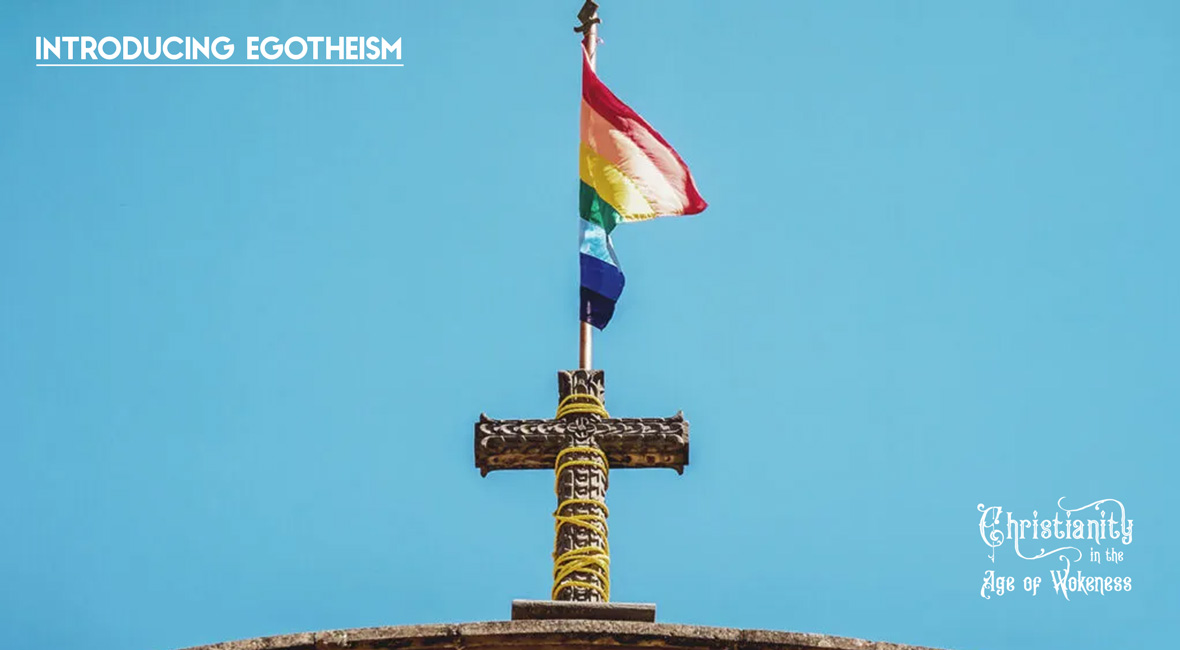Over the last several essays I have worked to piece together a definition for Wokeness that is both accurate and fair. My intention is to give readers the proper categories by which to understand the Woke phenomenon so that they can see it for what it truly is. The definition at which I have arrived is: Wokeness is critical awareness of, political advocacy for, and social activism on behalf of certain Western identity groups as those groups come into conflict with existing power structures as defined by certain identity characteristics. This, of course, is a terrible definition as far as these things go, notwithstanding whatever accuracy has been achieved in the attempt to define Wokeness. It might be a true statement, but it is hardly memorable, much less of any use to anyone in the course of their daily lives. In this essay I will attempt to hone that definition and couch it in terms that more deeply resonate with ordinary people. To that end we must explore the religiosity of Wokeness in order to ascertain its true nature.
What Is Religion?
Before we turn to Wokeness, however, we must first seek to understand the nature of religion. What makes something a religion? Is there a difference between religion, ideology, and philosophy? We often hear people say things like, “His religion is football,” or, “She exercises with religious devotion.” What do we mean when we say things like this? The word “religion” communicates something deep and profound, which must mean that religion itself is a serious and weighty thing.
Various dictionaries define religion in different but related ways. The following is a brief survey of dictionaries available online:

